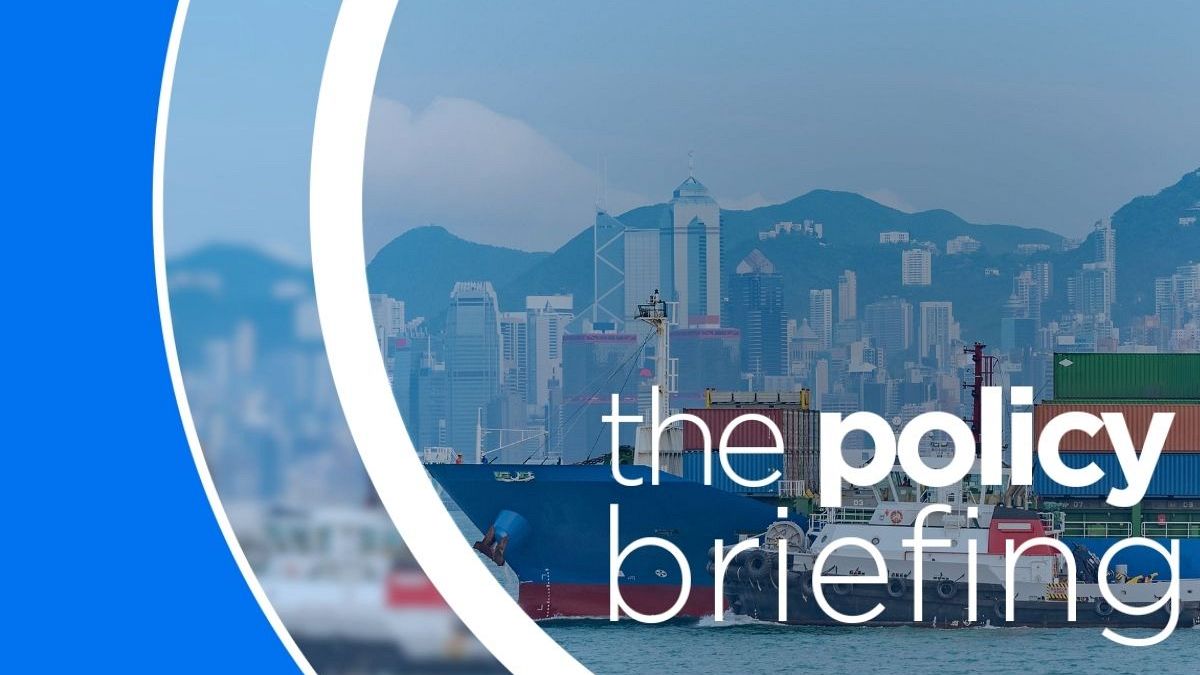By Euronews
Published on
•Updated
Key diary dates
-
Tuesday 29 July: Meeting of the EU Council’s trade policy committee.
-
Tuesday 29-Wednesday 30 July: Meetings of the EU Council’s ad hoc working group on the EU long-term budget, the Multiannual Financial Framework.
-
Saturday 2 August: EU rules on general purpose artificial intelligence enter into force.
In spotlight
As the EU institutions pause activity for the summer, the EU Council continues to see some behind the scenes activity this week on two key issues: US trade and the EU’s long term budget.
If early reactions to the deal struck by Commission President Ursula von der Leyen and US President Donald Trump are anything to go by there are likely to be some barbed responses when its trade policy committee meets on Tuesday.
Differing approaches among EU member states to the negotiations were arguably one the key weaknesses of the EU negotiating team. How could it threaten use of the anti-coercion instrument, for example, when France and Germany remained at odds over whether to use it for a long period of the negotiation.
But if it was a weakness during the negotiations, then it could also bedevil von der Leyen’s team now that the ink is dry on an agreement. As the detailed readout of the deal becomes clearer the Commission will be eager to ensure that sniping from member states doesn’t put effective implementation at risk.
Earlier this month the European Commission began the painstaking process of wrangling over the EU’s next seven-year budget, the Multi-Annual Financial Framework, proposing nearly €2tn for “new and emerging challenges” between 2028 and 2034.
That will also occupy the Council this week, and the usual fierce debate can be expected behind the scenes between the EU’s ‘frugal’ members and the net spending countries.
Usually points of difference surround the numbers apportioned to the different budget pots, but this time around the Commission’s proposal adds another dimension to what is usually considered one of the most intractable negotiations: a wholesale change to the methodology.
Where agricultural subsidies were formerly transferred to the poorer regions and administered locally, under the proposal these would be delivered through national plans proposed by member states, reflecting the way the post-pandemic recovery fund was distributed.
That change at least might be well received across the member states since it boosts the powers of governments over their regions.
The Policy Briefing will take a pause for the summer and return on 25 August.
Policy newsmakers
AI tech giant coders?
Ahead of the new rules on general purpose artificial intelligence (GPAI) entering into force – affecting tools such as ChatGPT and Gemini – a clear picture has emerged on where companies stand when it comes to signing up to the EU’s voluntary Code of Practice on GPAI. US Big Tech giant Meta has slammed the rules for stifling innovation, with Chief Global Affairs Officer Joel Kaplan saying that “Europe is heading down the wrong path on AI.” Meanwhile Microsoft President Brad Smith has said his company will likely sign. Smith said earlier this year that Microsoft wants to be “a voice of reason” as geopolitical tensions rise.

